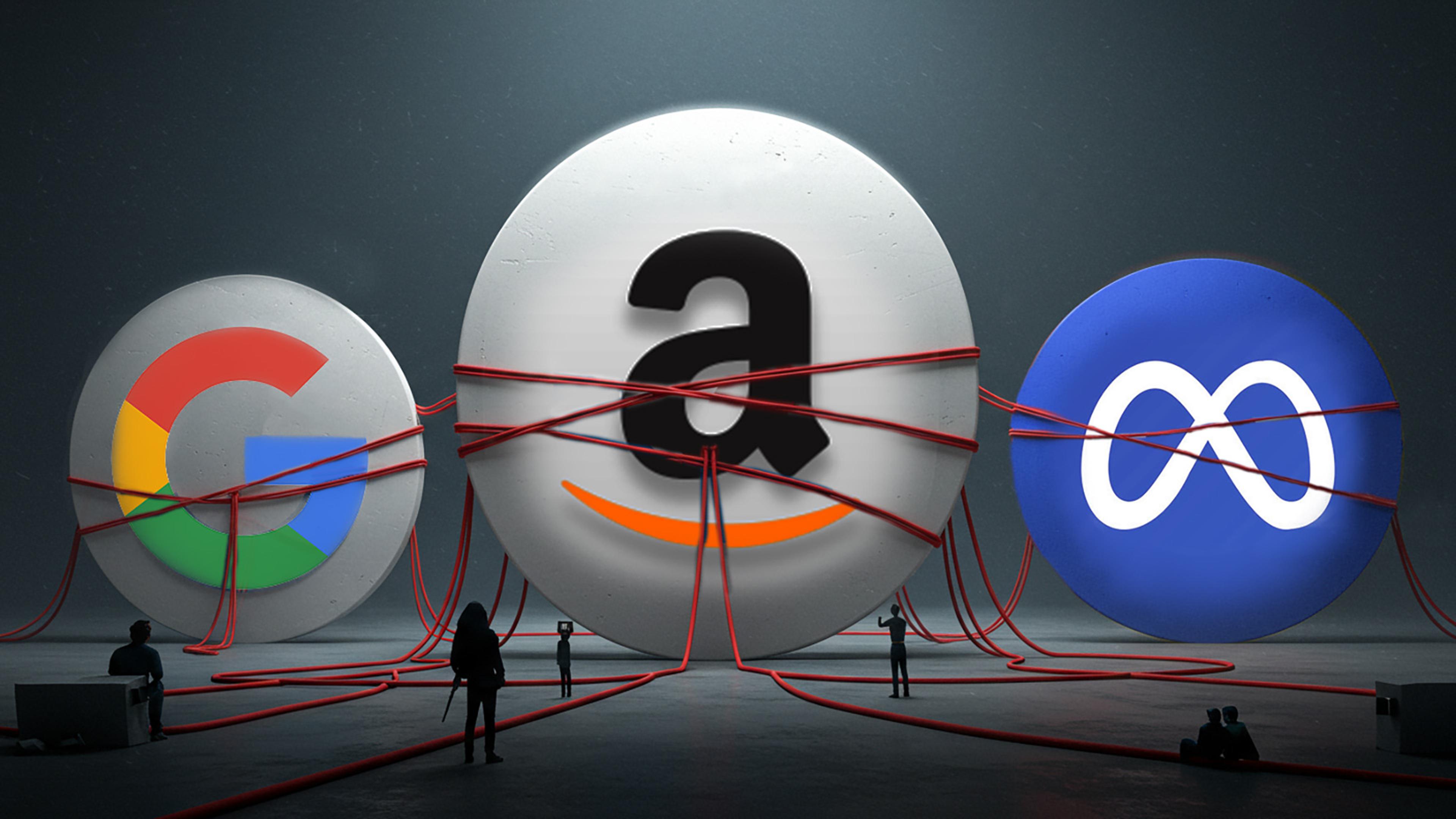The EU’s Ban on Self-Preferencing Under the Digital Markets Act
The Framework
A central component of the EU’s Digital Markets Act (DMA) is the explicit ban on self-preferencing by designated “gatekeeper” platforms.[1] This provision forbids gatekeepers from treating their own services and products more favourably in ranking, indexing, crawling, or display compared to similar services or products offered by third parties operating on their platform. This applies broadly across the gatekeeper’s core platform services, such as online search engines, app stores, e-commerce marketplaces, and social networking services. Gatekeepers must apply fair and non-discriminatory conditions to ranking and related processes. The stated aim is to prevent these “dominant” platforms from using their control over access to unfairly advantage their own offerings and harm competition from businesses dependent on their platform.
Implications for U.S. Technology Companies
The ban on self-preferencing directly challenges the integrated business models heavily utilized by the major U.S. technology companies designated as gatekeepers under the DMA, such as Alphabet (Google), Amazon, Apple, and Meta. Many of these firms historically leveraged their platforms to promote their services, like Google promoting YouTube or Maps in search results, Amazon highlighting its private-label products, or Apple prioritizing its own apps in the App Store. Complying with the DMA’s strict anti-self-preferencing rules necessitates complex and costly re-engineering of core algorithms, ranking systems, and user interfaces. It fundamentally limits their ability to drive traffic and user adoption across their own ecosystem of products and services. Ensuring ongoing compliance requires significant technical resources and continuous monitoring, and it creates substantial risk exposure to large fines and regulatory action if perceived violations occur.
How China Benefits
The EU’sself-preferencing ban underthe DMA places particularly heavy burdens on U.S.-based platforms, most of whichrely on tightly integrated ecosystems todrive cross-service growth. As of April2025, five ofthe seven companies designated under theDMA—Alphabet, Amazon, Apple, Meta, and Microsoft—are American.[2] Only ByteDance (China) andBooking.com (Netherlands) arenon-U.S. firms. Thesedesignations require significant reengineering of ranking systems, search displays, and platform interfaces to comply withneutrality requirements, draining resources that couldotherwise support innovation and expansion. TheDMA’s disproportionate impact on U.S. firmsrisks tilting thecompetitive landscape.[3] Chinese firms more broadly remain outside thescope of EUdigital regulation. Thisimbalance allows themgreater freedom tomaintain integrated strategies, expand abroad, andcompete globally, whileU.S. firms arediverted by costly compliance. In thisway, the DMAmay indirectly strengthen the global position of China’stech industry atthe expense ofAmerican firms.
Endnotes
[1] Aurelien Portuese, The Digital Markets Act: European Precautionary Antitrust (ITIF, May 2021), https://itif.org/publications/2021/05/24/digital-markets-act-european-precautionary-antitrust/.
[2] European Commission, “DMA Designated Gatekeepers,” accessed April 24, 2025, https://digital-markets-act.ec.europa.eu/gatekeepers_en.
[3] Meredith Broadbent, Implications of the Digital Markets Act for Transatlantic Cooperation (Center for Strategic and International Studies, September 15, 2021), https://www.csis.org/analysis/implications-digital-markets-act-transatlantic-cooperation.
Related
May 25, 2025
Thailand’s Self-Preferencing Regulation
March 7, 2025
The EU’s Single-Firm Conduct Regulation
February 11, 2025


